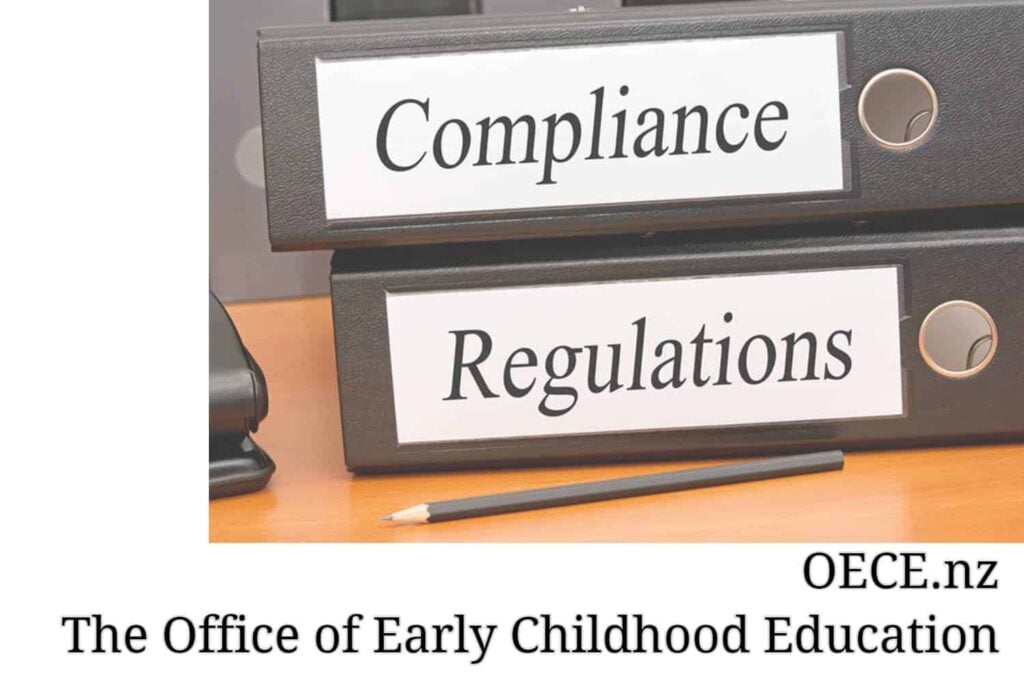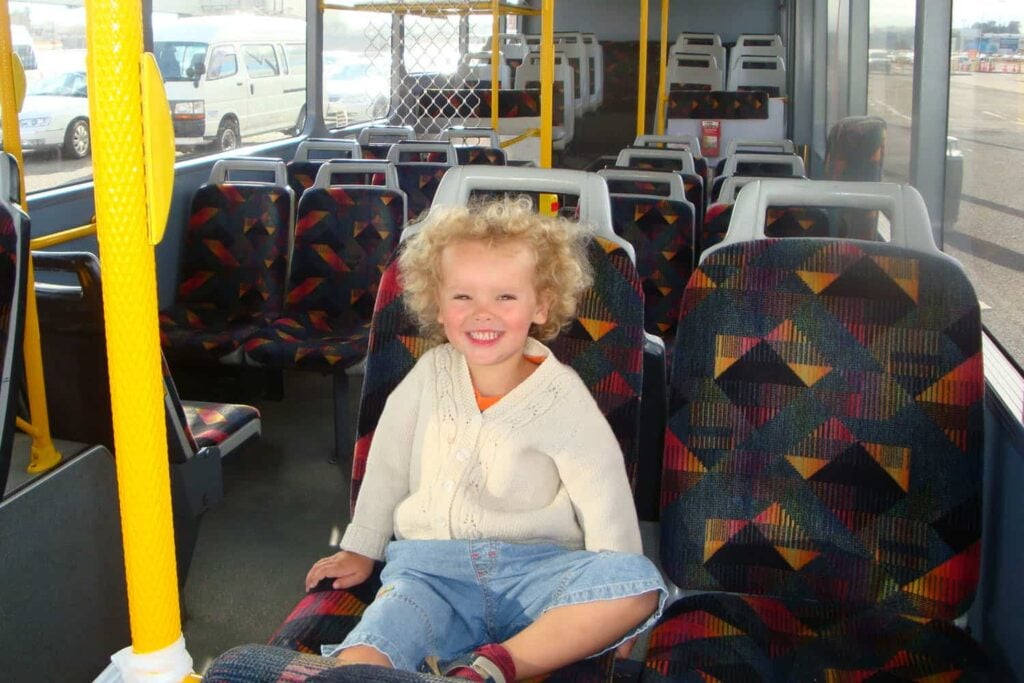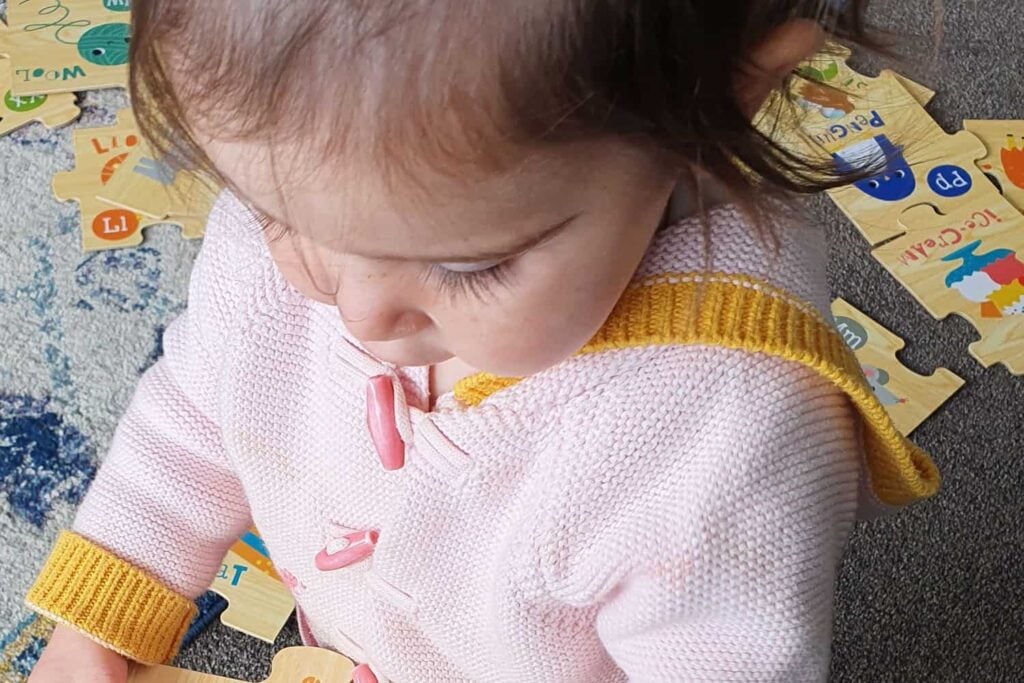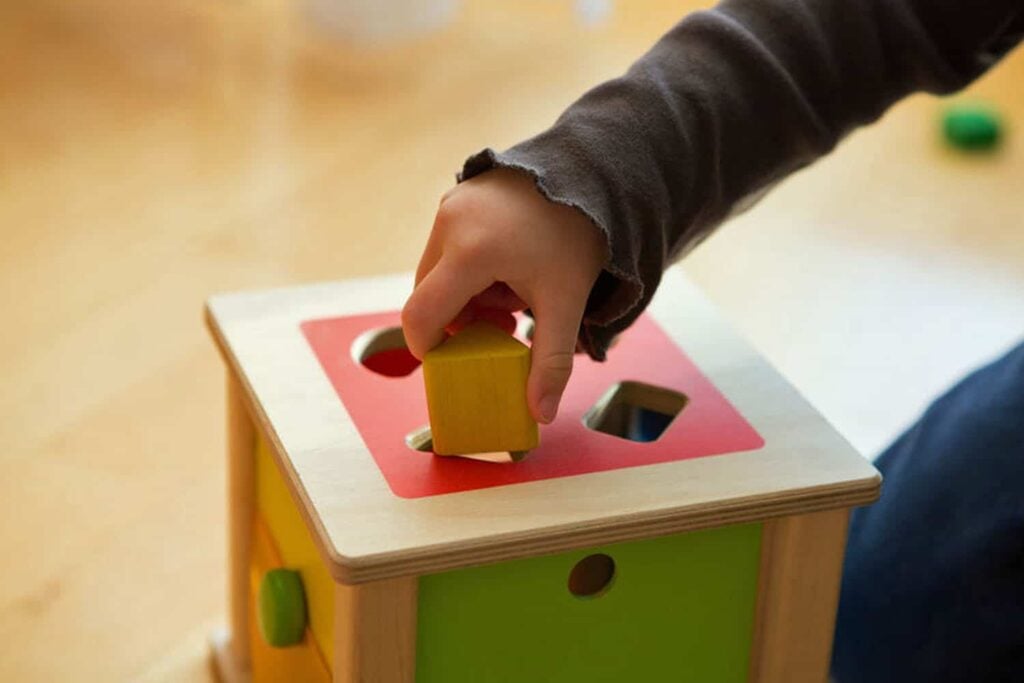Getting a job.
How can my ECE qualification help me to get a job?
With an early childhood teaching qualification you may find yourself attractive to employers in a range of occupations – you could for example try for a job as an education officer at the museum, children’s store worker or manager, children’s swimming instructor, research assistant, nanny or au pair, and apply to work for an airline as a cabin crew member or with the police.
The benefit of further study
If you return to study and undertake a post-graduate qualification you could aim for other positions in education such as lecturer at a Polytechnic or University, a researcher, an education review officer, a policy adviser, an early childhood consultant, a special education adviser … many more different doors may open to you depending upon what you choose to specialise in for your post-graduate studies.
Would you like to get a job in ECE? Here’s some tips
For those wanting to find work in an early childhood service, our Dr Sarah Alexander has some great advice for finding a job and getting it.
1. Do not just post or email your CV out and hope for the phone to ring – actually visit places in your local area that you are interested in working at and introduce yourself. Make it known that you are looking for work.
2. Offer to do some volunteer work to show your keenness (and this also helps to give you practical experience which potential employers will like to see)
3. Show potential employers that you are serious about applying for work and professional in your approach. For example one Canterbury centre manager suggests sending a professionally written thank you letter after being interviewed and in the thank you letter remind the interviewer of some of the great things you could bring to the job.
4. Do your homework on the local community of the ECE Service you are applying to work at. It helps for your application and interview if you show an understanding of what locals think is important, where the feeder schools are and what the strengths of the area are for children (e.g. that it has a local swimming pool or a great public park within easy walking distance).
5. Finding your perfect place to work may be a case of thinking back to the places you visited and spent time at as part of your teacher education programme. One teacher knew where she wanted to work when she approached a place she did her teaching experience at on the off chance that they might have a staff vacancy. Because she was already known to the centre and because they were impressed that she would come back and showed she liked their philosophy etc – she was offered a job!









